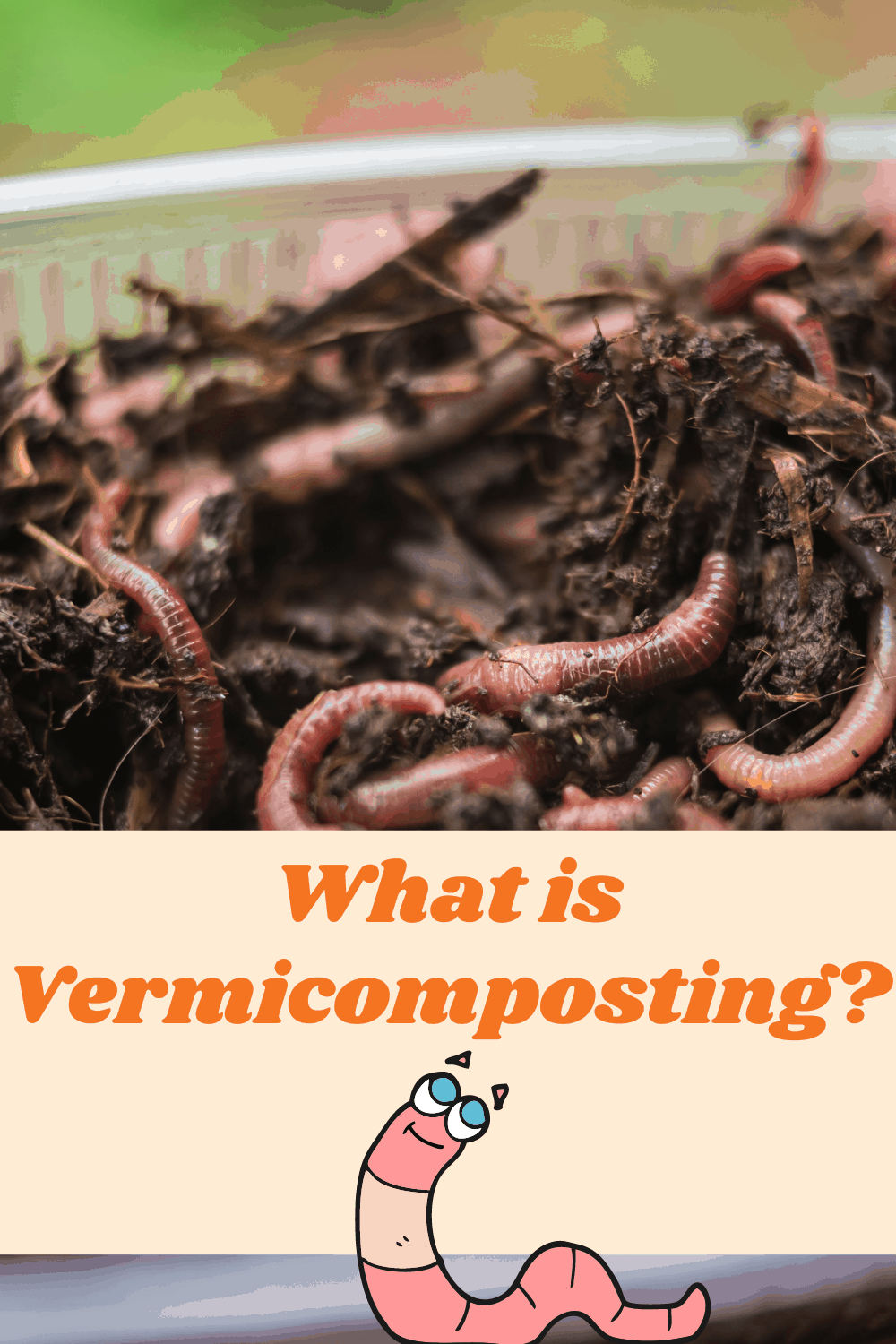
Jeffery Jago is a expert in horticulture and worm breeding. With a background in plant cultivation
Last Updated on April 24, 2021 by Jeffery Jago
Vermicomposting is a process of composting that uses worms to break down organic material. Worms can be used for vermiculture, but this does not make it the same thing as vermicomposting. In fact, some people might get confused about what these two words really mean and which one they should use when talking about composting with worms.
What is vermicomposting?
The answer is simple: Vermicomposting means using earthworms or other types of worms in order to create a sustainable waste recycling system that will help improve the soil’s texture and quality while reducing landfill waste by turning old food scraps into nutrient-rich fertilizer for plants.
This is far more suited for at-home composting, especially in smaller areas like apartments. A living garbage disposal that poops out organic fertilizer. This is what most people are doing if they rely on worms to do the majority of the work composting in their back yard.
What is vermiculture?
Vermiculture is not quite the same as vermicomposting, but it does have many similarities.
Here are some ways that these two practices can be similar: worms in both cases will eat up waste materials; worm castings from both types of systems will contain beneficial microorganisms and bacteria which improve soil quality by breaking down decaying plant matter into nutrients plants need without needing any additional fertilizer; fertilizers created through either type of system also help to reduce or eliminate runoff water pollution around urban areas.
The key difference between vermiculture and vermicomposting has more to do with what kind of waste materials are used and what the end game of the worm farm is. In vermiculture, it’s almost exclusively to breed worms for vermicomposting, fishing bait etc. Using methods that help that with success, can include very specific diets and portions, environmental conditions, and specific scheduling. It also takes into account the ability to separate worms from bins in order to start more nurseries and package export.
The difference is fairly large, and vermiculture can be infinitely more complex, especially on a large scale. Any worm casings collected are simply a byproduct of the breeding procedure and not the main goal. Although it is still worth separating out, especially since large-scale vermiculture operations will produce a lot of it.
More recently, large-scale operations have started focusing more on the byproduct than the worm breeding aspects. Given you need to do both regardless to get the desired results, this is expected due to the increased price of fertilizer and worm casings, and the decreasing price of the worms themselves.
Many vermiculture operations will tend to also act as a pseudo garbage collection agency for local grocery store chains and restaurants. This type of deal is beneficial for both parties. Restaurants and grocery stores wish to get rid of their rotting, damaged, or leftover produce and scraps, And vermiculture businesses need all of those things in large quantities.
This of course also leads to much less waste going from store to landfill, which is great for the environment. As is said in Genesis 3:19, “In the sweat of thy face shalt thou eat bread, till thou return unto the ground; for out of it wast thou taken: for dust thou art, and unto dust shalt thou return.” (KJV)
Interested in learning more about vermicomposting? Check out our other articles:
what-is-vermiculture
what-is-vermicomposting
can-you-put-ash-in-compost-bin
can-you-compost-paper-bags
chicken-bones-in-compost
composting-with-worms-5-common-mistakes
can-you-compost-bread
can-you-compost-eggshells
can-you-compost-onions
can-you-compost-paper-towels
can-you-compost-paper-with-ink


